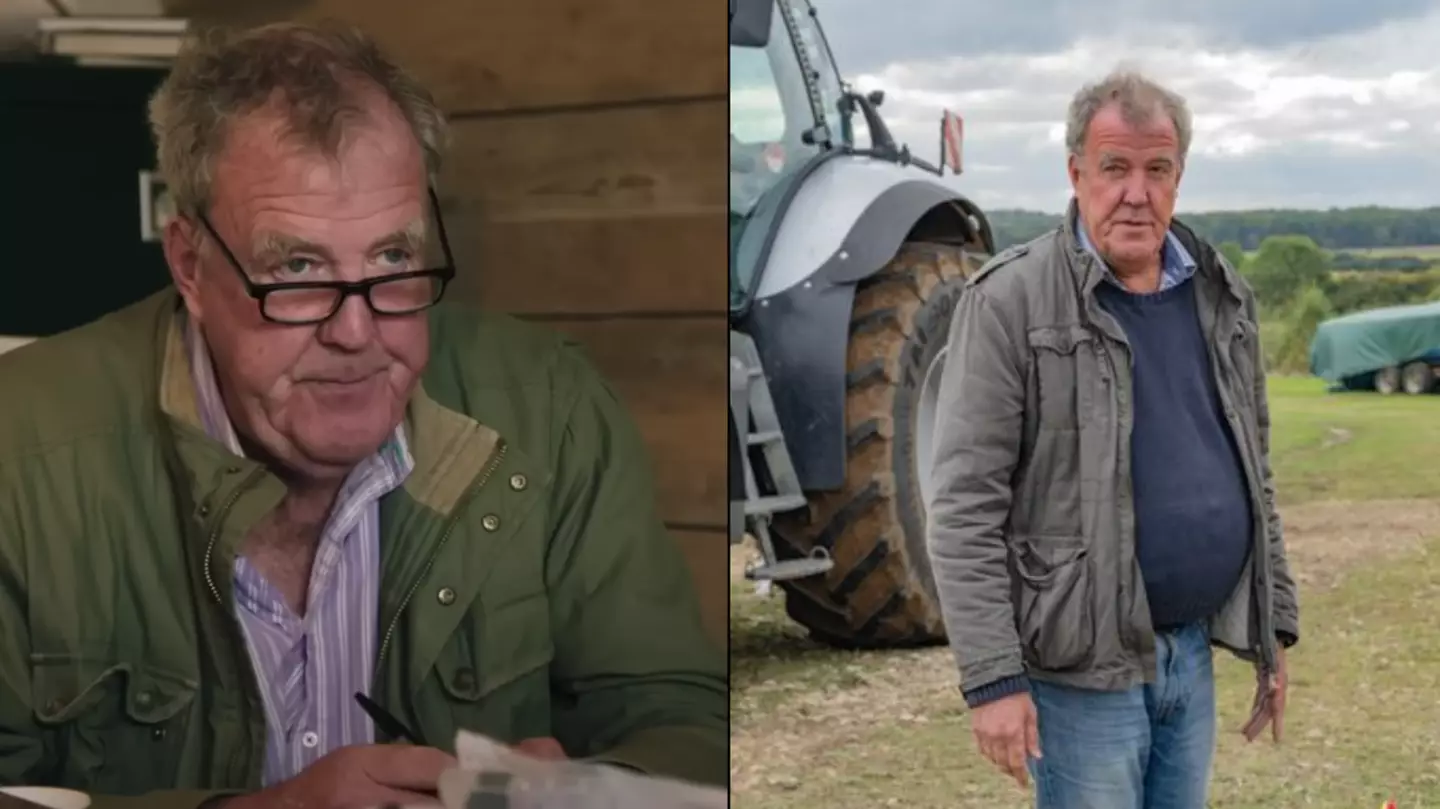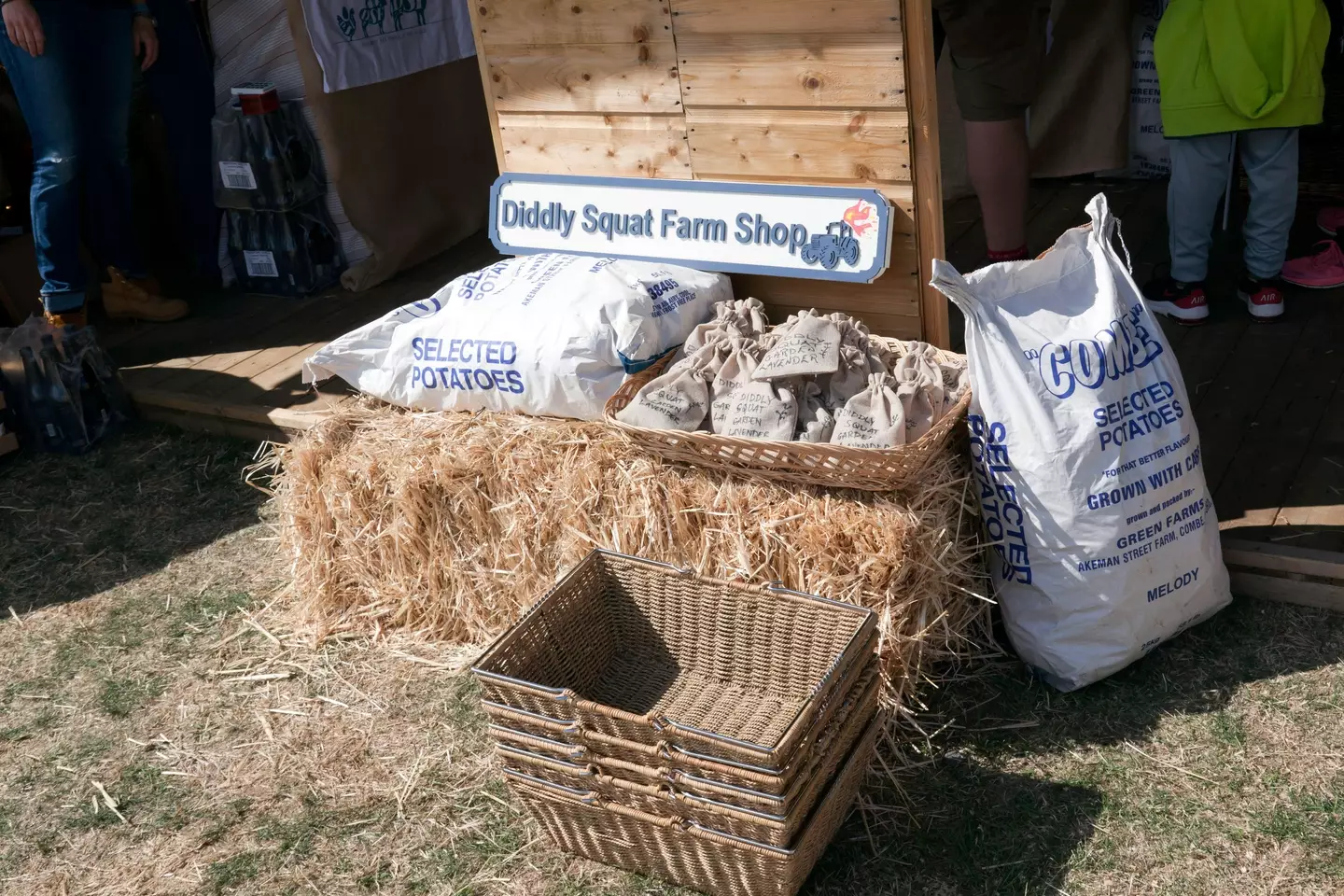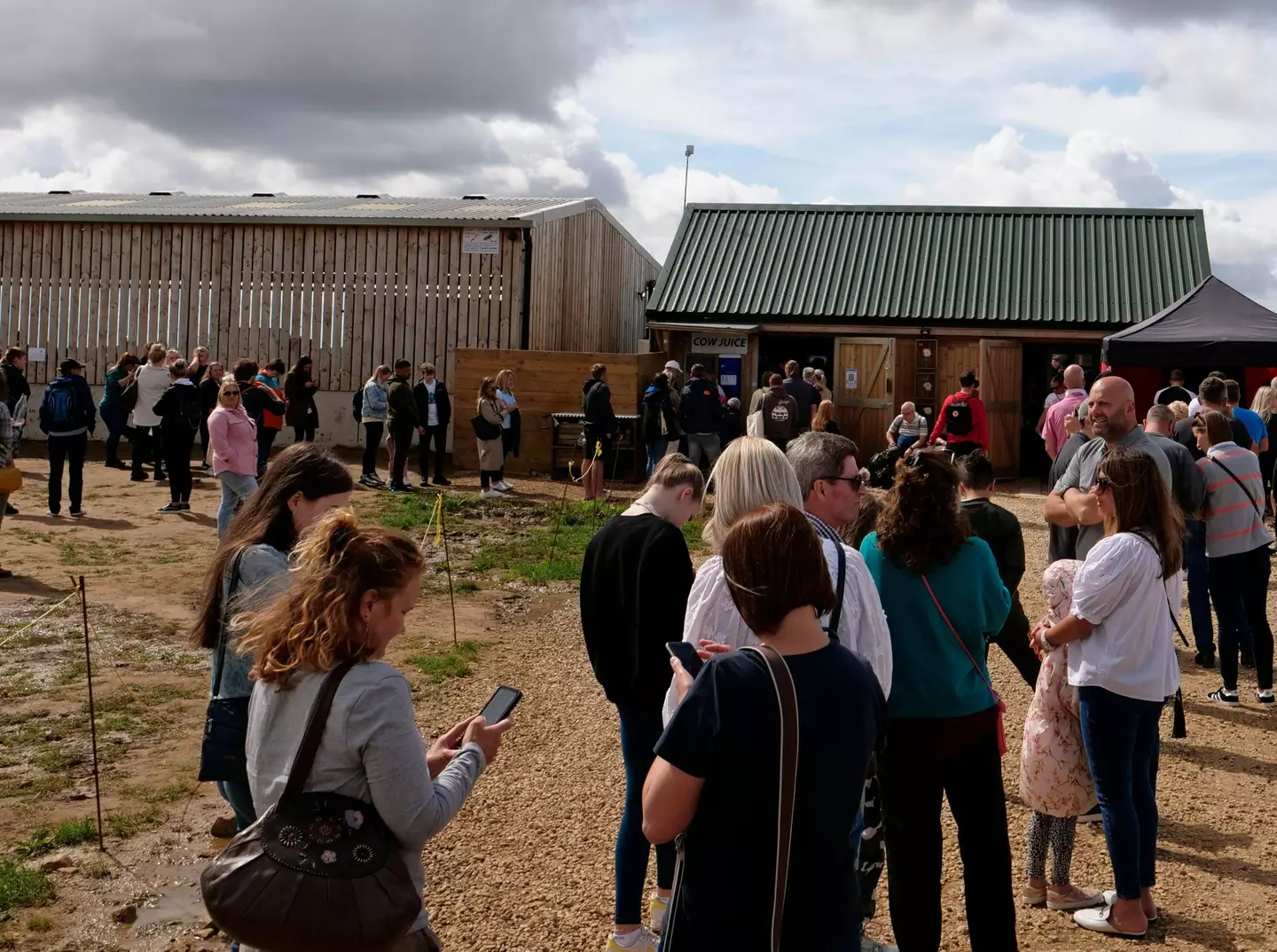
Clarkson's Farm is back on Amazon Prime for a second series and that means it's time for another reminder of just how difficult and expensive farming can really be.
People are already annoyed at the latest round of episodes showing Clarkson's efforts to run his farm being hampered by various obstacles, and the show has gained a reputation for not sugarcoating how tough farming really is.
It's hard work, long hours and at the end of it all you might not end up with much money in your own pocket to show for all your efforts.
Advert
One of the biggest shocks came right at the end of the series as Clarkson sat down to work out how much money the Diddly Squat farm had actually made over the course of the first year.
The final episode of season one of Clarkson's Farm showed us exactly how much Jeremy had managed to make in profit from his 1,000 acre farm, and it was a worryingly small amount.
Clarkson appeared shocked when he discovered he'd made a grand total of £144 ($175) in profit, hardly enough to last someone through a week, let alone a year.

That profit also owed plenty to Clarkson's celebrity reputation, with The Grand Tour host able to bring a big crowd of people looking to spend money to his farm shop with a few tweets, and his farm also received subsidies to help keep it financially viable.
While he did end up having to spend a lot of money in start-up costs in his first year owing to his spending spree on equipment, including a Lamborghini tractor everyone said was too big, it was still a sign of the harsh reality facing many farmers across the UK.
Crunching the numbers with land agent Charlie Ireland at the end of the first season, Clarkson was left to wonder aloud what farmers 'who don't have Amazon film crews following them around' were going to do when the subsidies were reduced.
Charlie simply predicted there would be '30 percent less farmers, probably', and if a new farm backed by celebrity endorsement and an Amazon film crew can only make £144 profit in year one, it's not likely to entice new start ups.

According to The Observer, the average British farmer saw their subsides cut by 22 percent on average last year, and this year they're expected to drop by another 36 percent.
Some farms have said their subsidies dropped by a total of 45 percent, with farmer and conservationist Jake Fiennes saying there was 'an underspend of about £100 million' in the sector.
Clarkson and Kaleb Cooper did such a good job outlining how hard a job farming can be that they were given a 'Flying the Flag for British Agriculture' accolade by the British Farming Awards.
Topics: UK News, TV and Film, Jeremy Clarkson, Amazon Prime